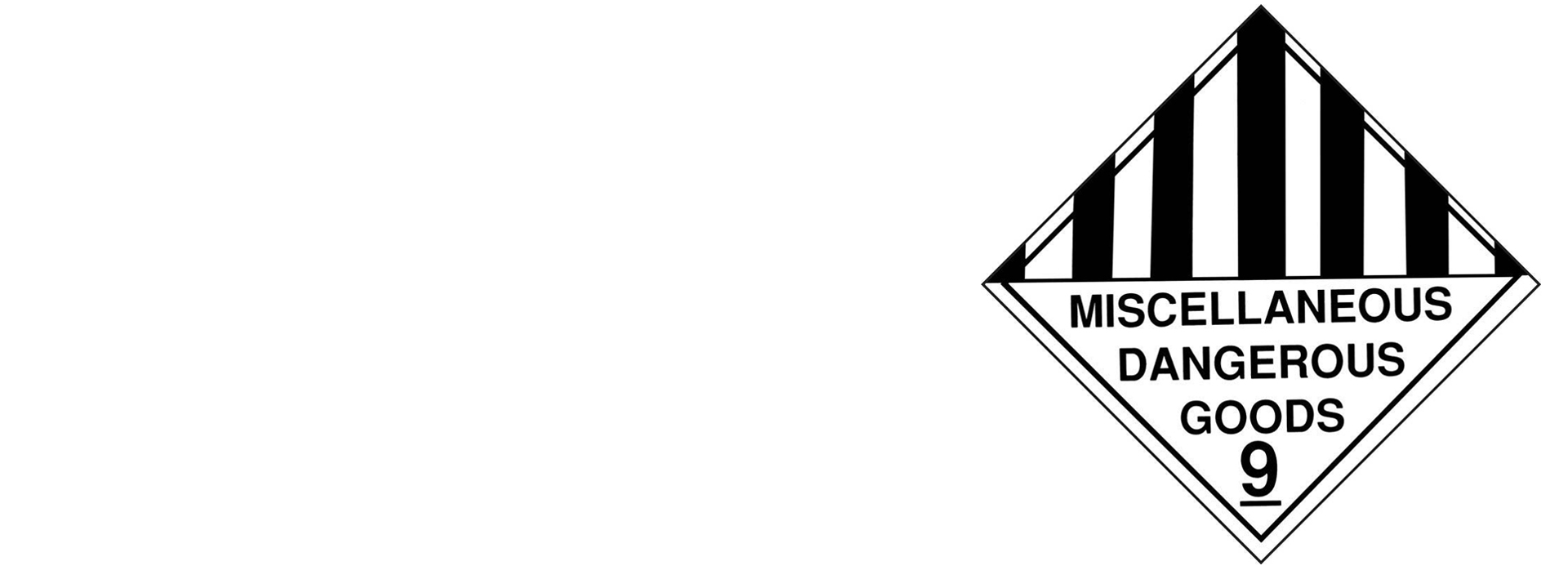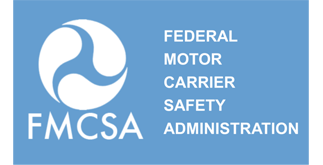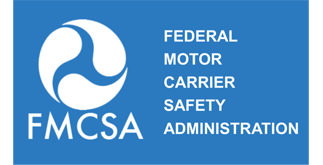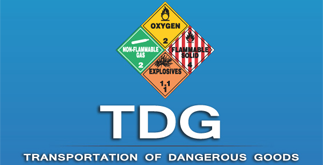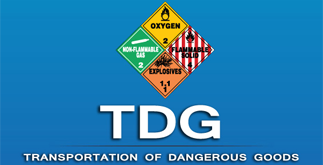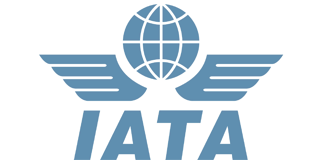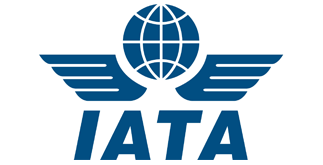
About the Company
Golog is a Dangerous Goods logistics solution that revolutionizes the industry by delivering comprehensive supply chain management services such as manufacturing, transportation, storage, training, consultation, documentation, and packaging. Golog’s complete logistics offering aims to eradicate the typical stressors of fragmented third-party providers by delivering an all-in-one DG logistics solution. Additionally, the Company uniquely integrates AI technology into its consultation and tracking activities to guarantee the efficacy of its offering and punctual deliveries. Clients can easily access all their account and order information, including delivery updates, through the Company’s web- or app-based portal. By leveraging its advanced technology-driven service model, Golog will help clients across all sectors to maximize operational efficiency while removing the necessity for expensive third-party providers.
The Company utilizes an innovative business model that incorporates several revenue streams, including packaging, packaging materials, documentation, training and talent placement, and shipments. Golog elicits various transaction commissions from each revenue stream depending on the volume of services and the exact services rendered.

Vision Statement
“To empower clients to attain their growth and efficiency goals by delivering an incomparably reliable, technologically driven, and comprehensive Dangerous Goods logistics solution.”
Mission Statement
“Our mission is to become the leading global logistics solution with a specialization in dangerous goods to ensure that every client achieves their specific objectives without extensive cost or hassle.”
Our Services
Dangerous Goods Transportation

Our Services
Compliance Consulting

Our Services
Hazardous Materials Storage

Our Services
Emergency Response Planning

Our Services
Training and Education

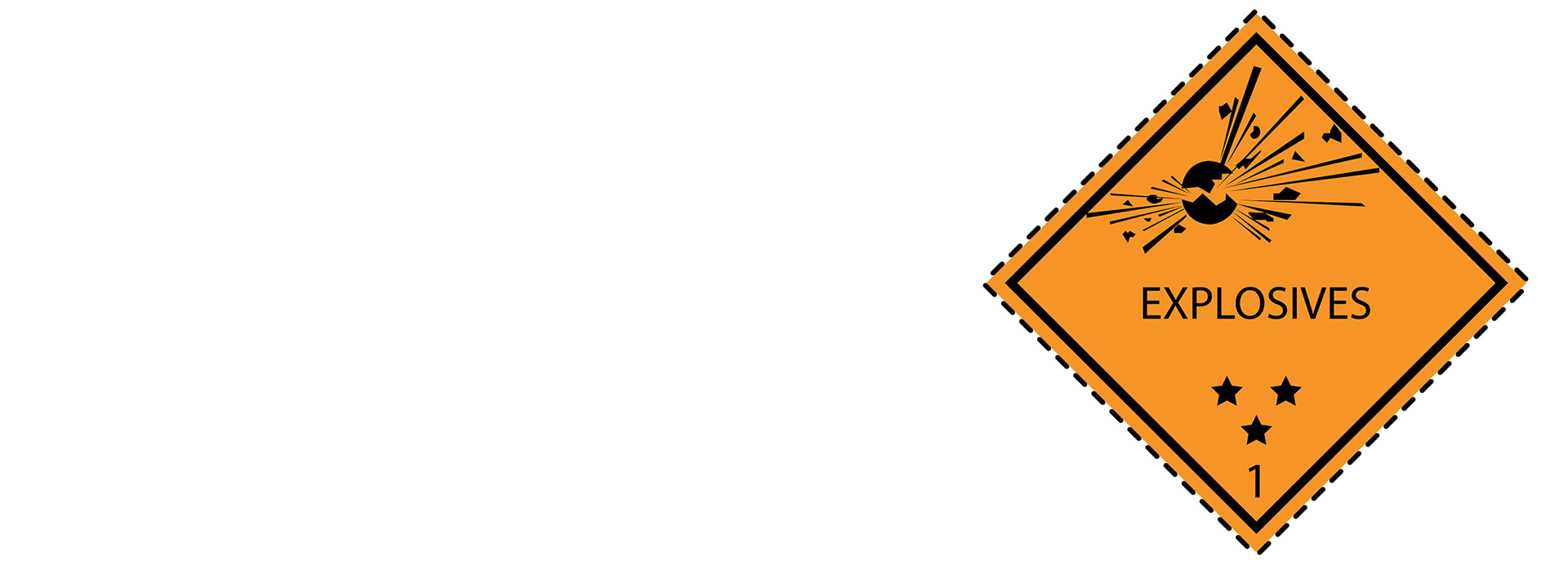
Hazard class 1
Explosive substances and articles
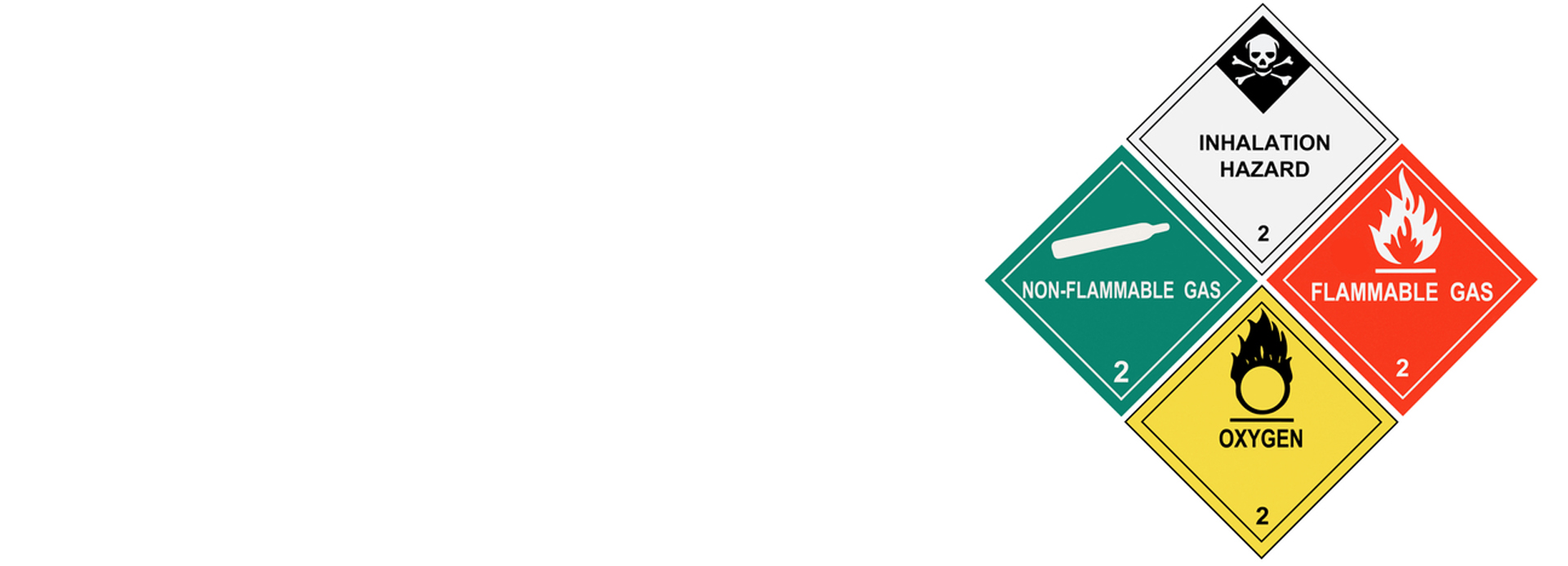
Hazard class 2
Gases
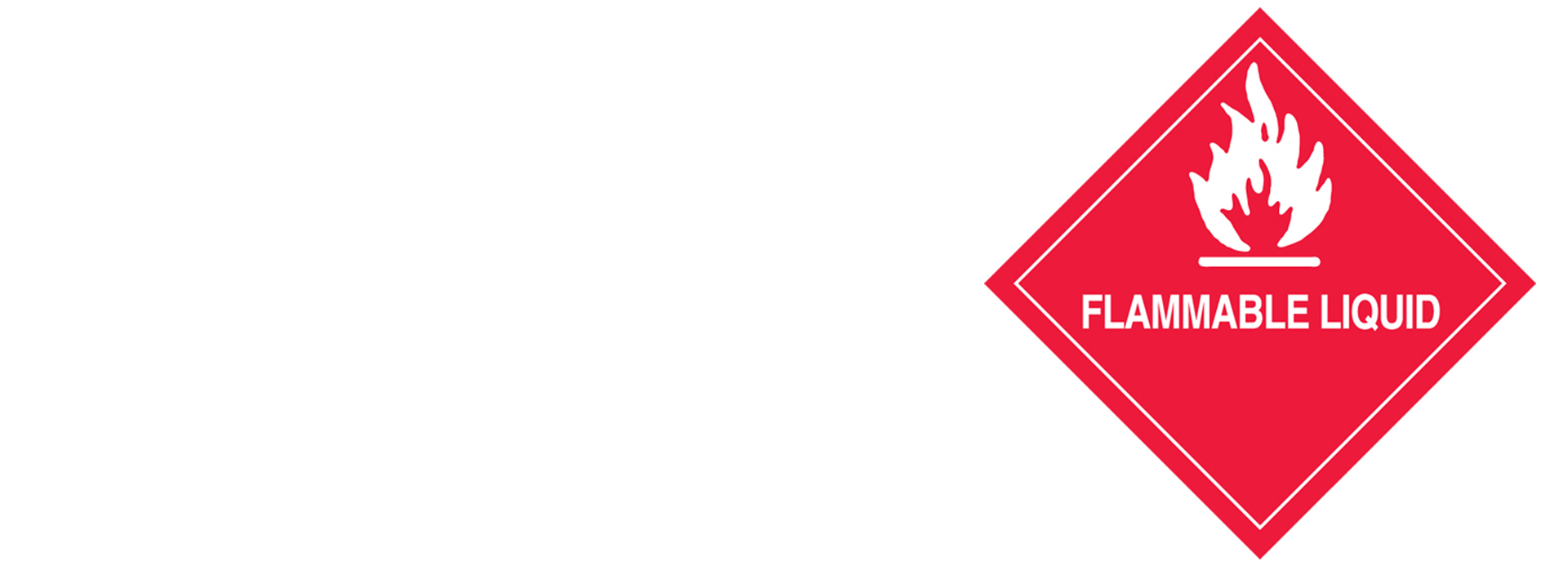
Hazard class 3
Flammable liquids
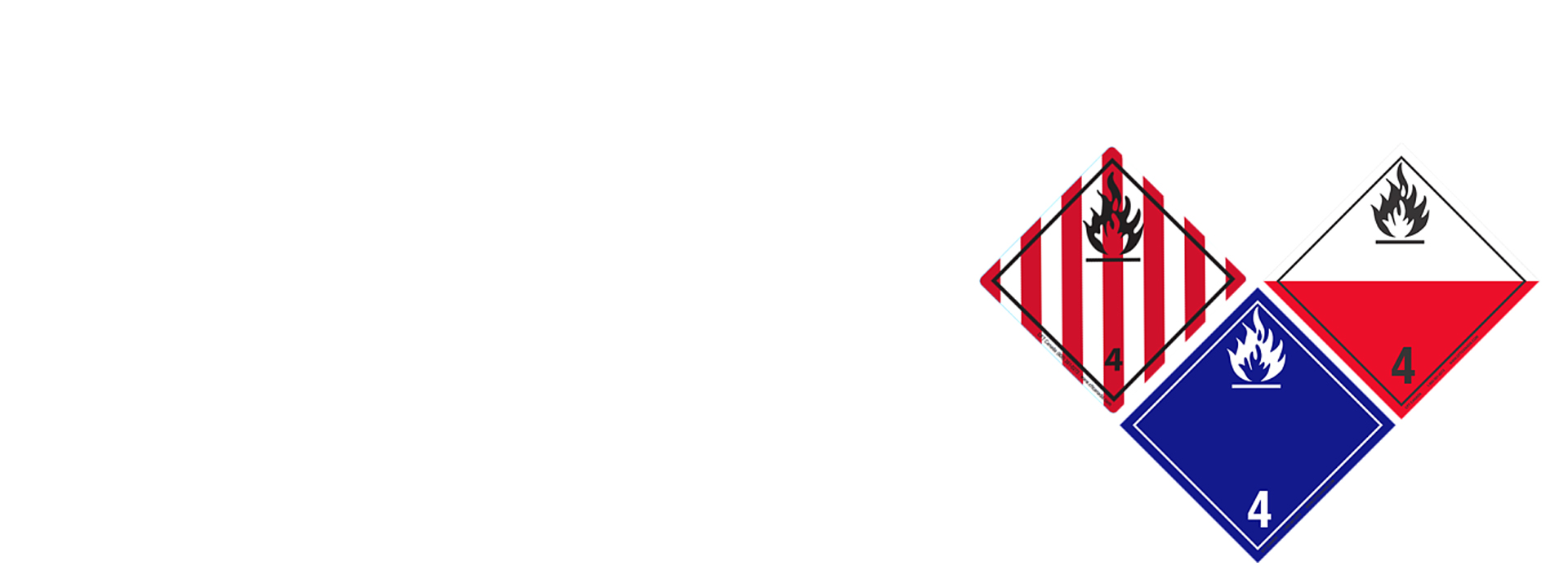
Hazard class 4.1 / 4.2 / 4.3
Flammable solids; Substances liable to spontaneous combustion; Substances which, in contact with water, emit flammable gases
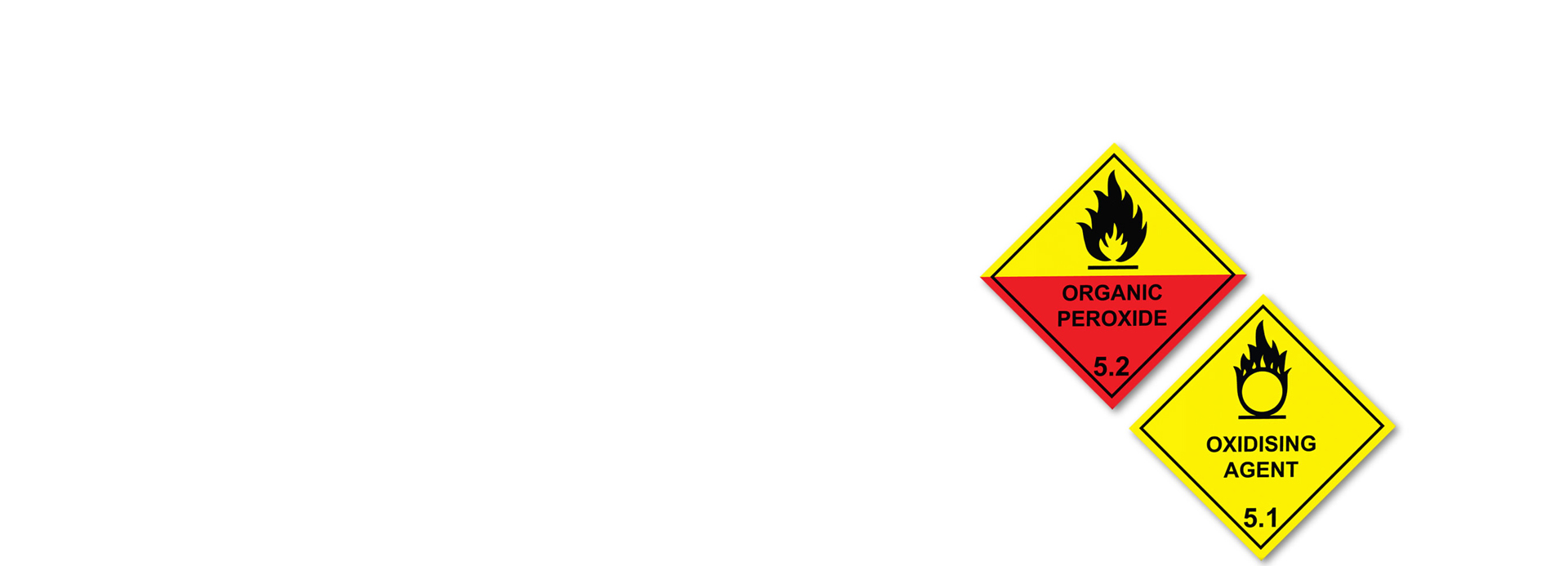
Hazard class 5.1 / 5.2
Oxidizing substances and organic peroxides
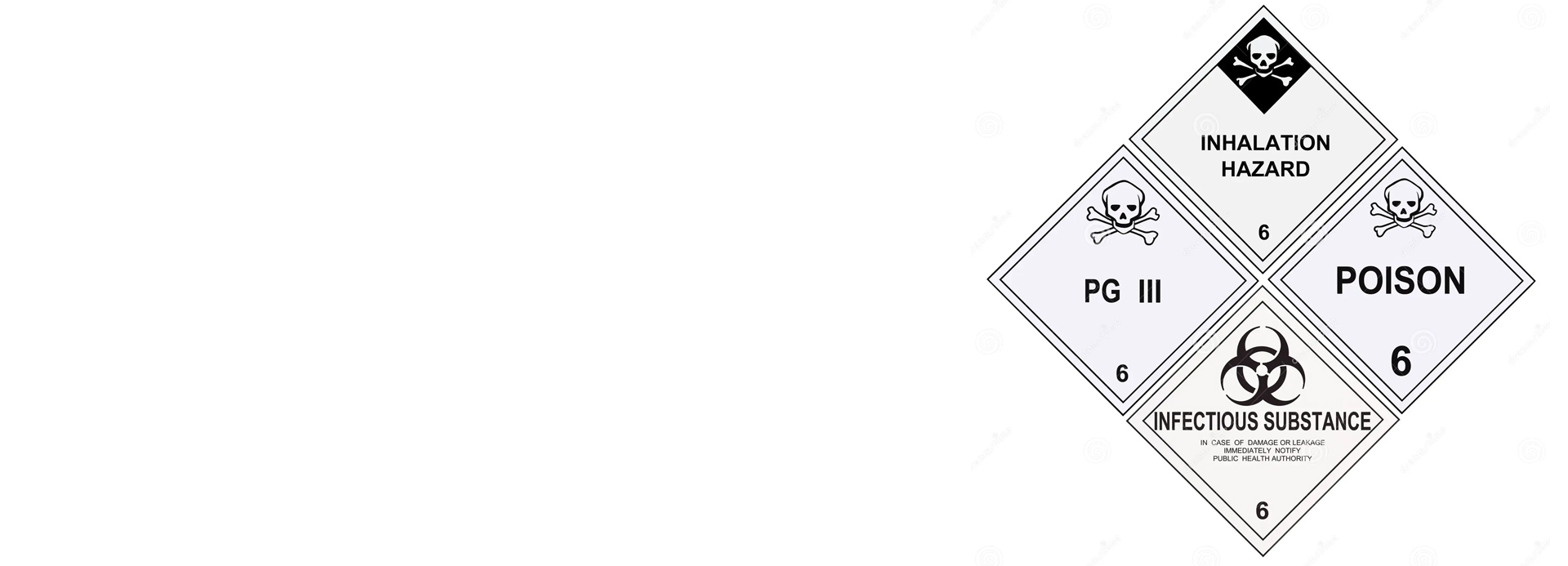
Hazard class 6.1 / 6.2
Toxic and infectious substances
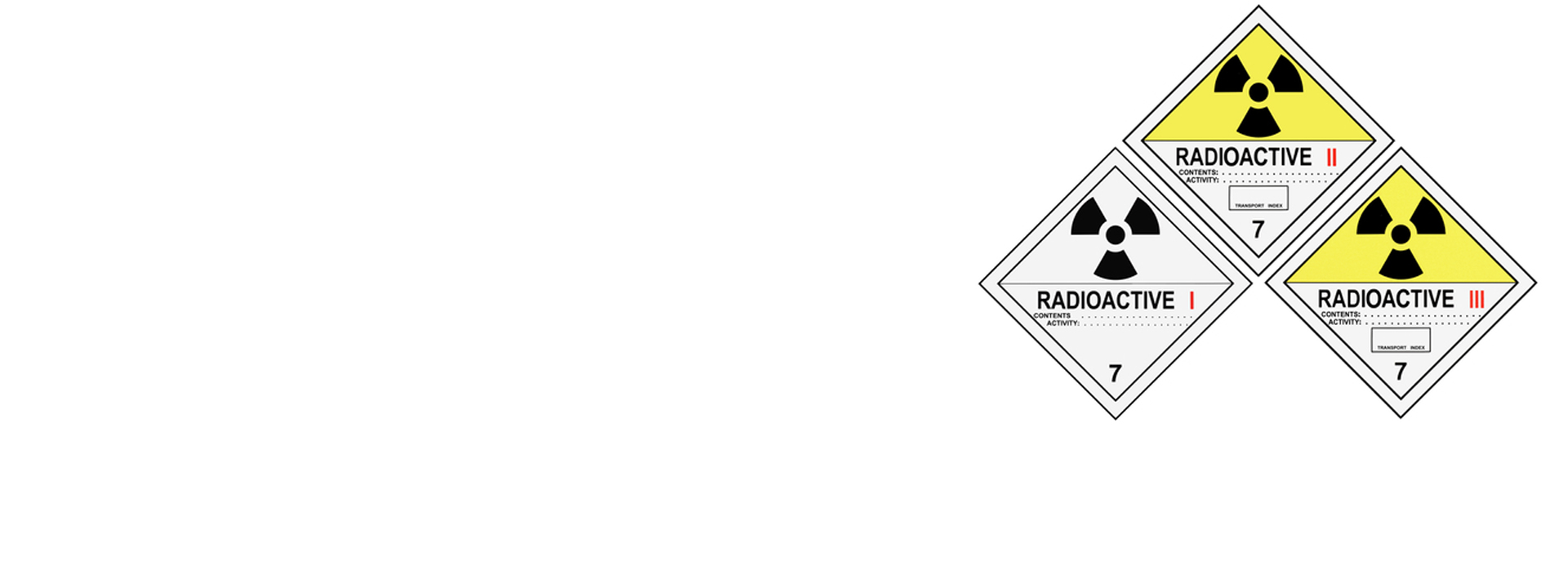
Hazard class 7
Radioactive materials
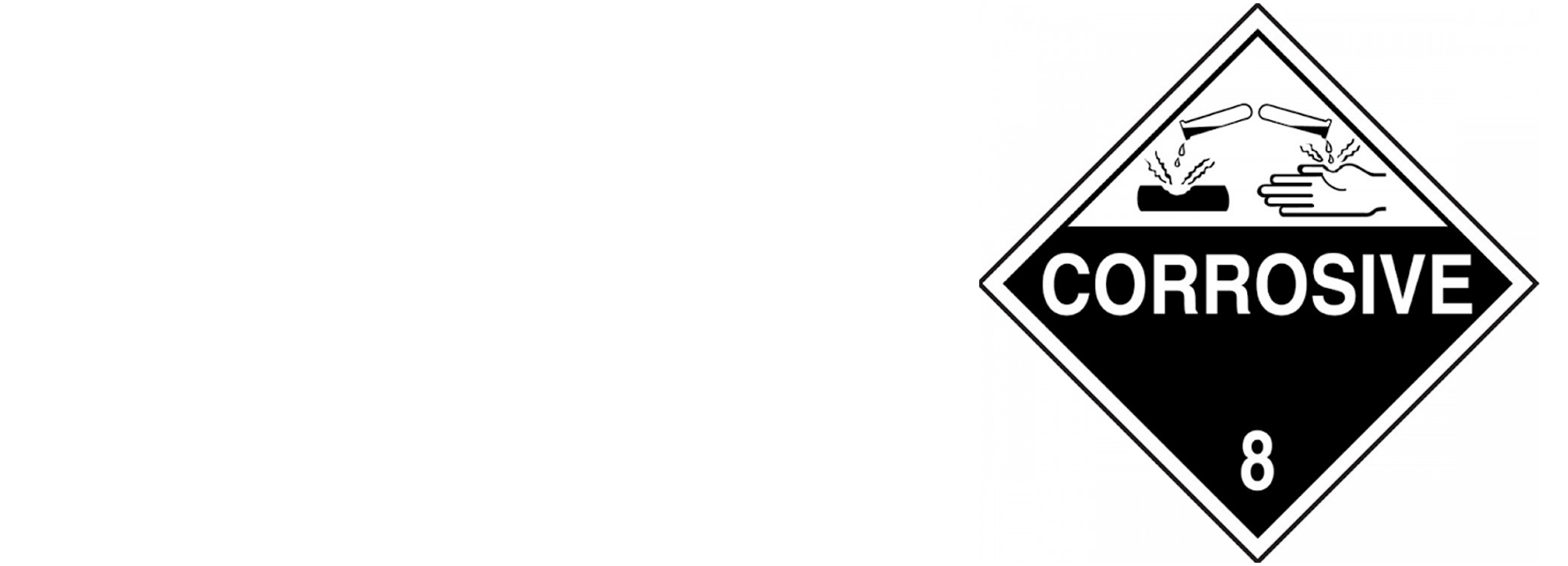
Hazard class 8
Corrosive substances
